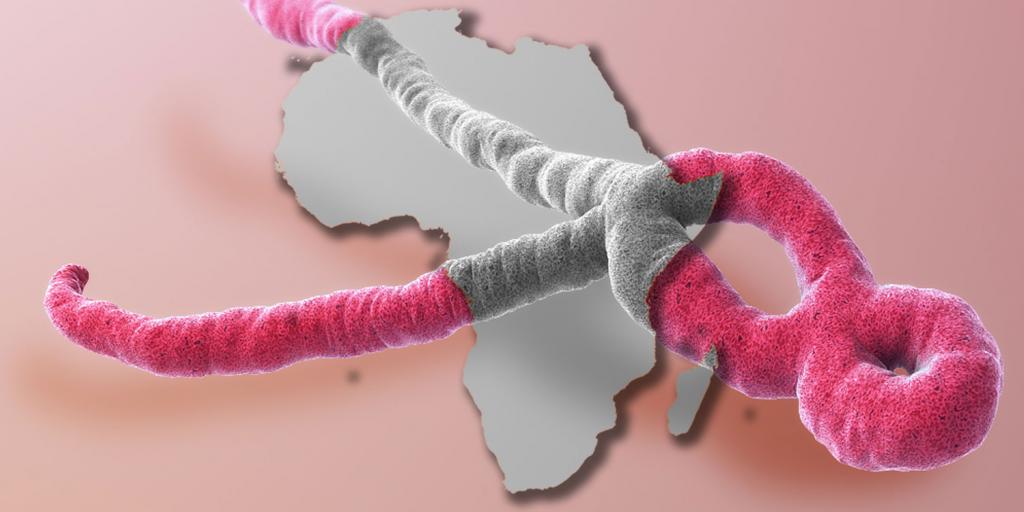
Ebola Explodes in Africa Again!
There are now over 2,000 Ebola cases in the Democratic Republic of the Congo in Africa and over 1,300 deaths in this current outbreak. “The daily number of new Ebola cases has tripled in recent months, according to aid organizations.” There are 15–20 new cases of the disease each day (Deutsche Welle, June 4, 2019). Healthcare workers are having difficulty reaching infected people because of distrust, and as a result, two-thirds of those who go into quarantine centers with the disease will die! Congo is also a war-torn nation where fighting continues daily—making travel difficult and dangerous for healthcare providers. The Ebola epidemic has now spilled over the border into Uganda and appears to be the “second worst in history” (Financial Times, June 16, 2019).
Ebola is a virus carried by fruit bats. Once introduced into a human population, it usually spreads through contact with blood or other body fluids from an infected person. Even contact with a dead body can spread the disease to those who are living. Great care must be taken to remove and bury the body of a person who dies with Ebola, or the disease can easily be transmitted further.
Anciently, God gave very clear guidelines for avoiding infection from the body fluids of a sick or dead person or animal (Leviticus 11:31–40; Leviticus 13). These instructions involve the quarantine of a sick person and washing thoroughly with water when one touches a dead body or fluids or items of clothing from that body. Ironically, if these ancient biblical public health practices were understood and followed today, the spread of infectious diseases—including Ebola—could be greatly reduced. For more insights into how to stem Ebola outbreaks, watch “Ebola Can Be Prevented.”



